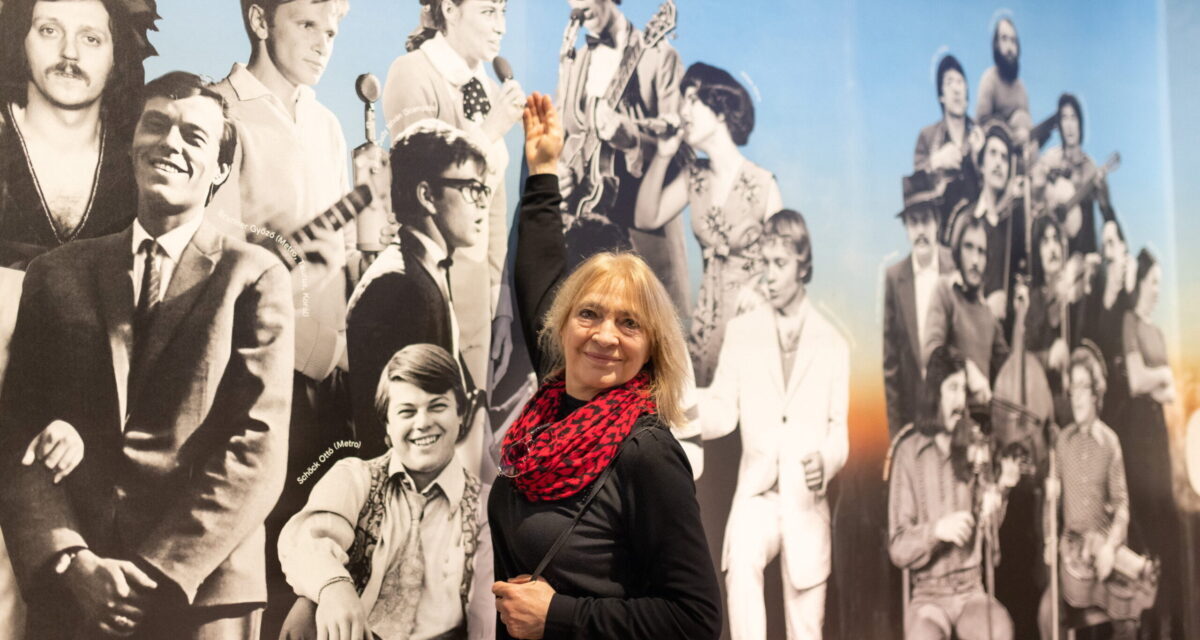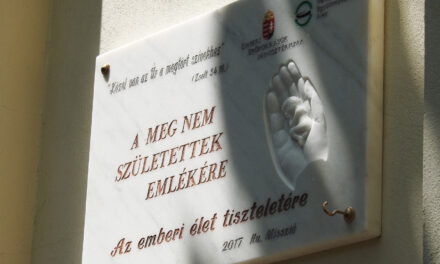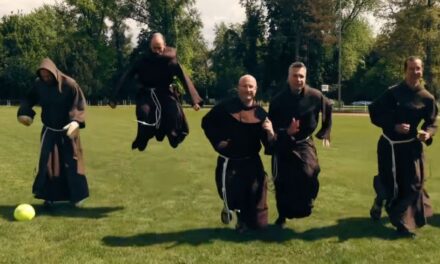The journey of a cool girl from Eger to the boards that represent the world. Portrait.
Kati Kovács, a Kossuth and Ferenc Liszt award-winning singer, is celebrating her birthday on October 25. She is one of the most successful Hungarian performers with a unique voice. Portrait of the Press Data Bank of the MTVA.
He was born on October 25, 1944 in Verpelét, Heves county. His father was a truck driver, and after his parents divorced, he stayed with his mother and two siblings. He lived his first twenty years in Eger, when he was in school, the brawling, edgy child was nicknamed "Kati Dynamite", and his favorite pastime, sports, played a big role in the development of his personality. He started getting to know music when he was in high school: he sang Little Richard songs with the high school's amateur band, and since he was mainly interested in jazz at that time, he tried to imitate Ella Fitzgerald's performance at home.
Who knows what?
In 1962, he applied for the first time to Ki mit tude?, but failed on the first try, according to the reasoning: "what he does is not singing, but rather shouting". He was so disillusioned with the whole thing that he didn't even want to try again, his mother unknowingly entered him for the 1965 competition. He became the first, and this was the start of his career. She was accompanied at the competition by a jazz ensemble from Debrecen, whose pianist was Tibor Koncz, her later husband, mentor and composer.
I will not be your toy
The doctor-writer girl who moved from Eger to Budapest started attending the jazz department of the Bartók Béla Music Academy, but she continued to have a hard time, her doctor even bought her shoes for Ki mit Tud?. In 1966, he became a student of the Radio's Dance Studio, and in that year he also won the first Dance Song Festival with the song Nem leszek a gyátszered. In the second half of the 1960s, many talented female singers appeared, but at the top of the popularity charts - just like the big three of beat bands - Illés, Omega, and Metro - a competing "triumvirate" quickly emerged:
Zsuzsa Koncz, Kati Kovács, Sarolta Zalatnay. Unlike the bands, they were never on stage together, and that was not up to Kati Kovács.

Singer Kati Kovács performs a song on the seventh birthday of Duna TV's Család-barát magazine show, in studio 2 of MTVA's Kunigunda utca production base. MTVA Photo: Zsolt Zih
Simplicity and natural charm
He was discovered by the film in 1967: after much persuasion, he accepted a role in Ferenc Kardos' first film, Holidays. In 1968, she received the award for the best actress of the year for her performances in the films The Gone Day and Headshot, and in the same year she also played the main role in the films Holdudvar, Fényes selek and A hamis Izabella. Its poseless simplicity and natural charm were well-established on the cinema screen.
Give me the rain, Lord
Although his sound material and nearly five-octave voice range made him suitable for singing the most difficult jazz, gospel, spiritual and blues songs, in order to gain and maintain his popularity, he chose hits that better served the needs of the audience (Now should be stopped, Around the old house, etc.). While he was constantly touring at home and abroad, he won the Dance Song Festival for the second time: in 1972, he triumphed with the first Hungarian rock spiritual, Add már Uram az esőt. In the early 1970s, he won twice in the radio light music contest "Choose Your Choice", in 1972 he won the international dance song festival in Dresden and the country song festival in Castlebar, Ireland. In 1974, he was voted the most popular foreign singer in the GDR, and the star of the year in England on the list of the magazine Music Week.
He also worked with Hofi and János Koós
even the best authors were happy to write songs for him. In 1974 and two years later, with Gábor Presser and LGT, he made two records with such hits as Rock and roller, Szólj rám, ha kanzo sángelok, The rain and I or Close to the sun. In 1978, an exceptional album was written for him, the two authors, Levente Szörényi and Anna Adamis, had not worked together either before or since. In the meantime, he returned again and again to traditional dance music, the songs "If I See You Next", Summer in India, Encountering an Old Love and other songs recorded in these years became evergreen hits. She also worked with the band V'Moto-Rock for two albums (1979, 1983), the songs were composed by her second husband, István Lerch - the band's keyboard player. He wrote the lyrics for many of his songs himself, including the arrangement of Vangelis' famous soundtrack (The Conquest of Paradise - 1492). In the seventies, he worked a lot with Géza Hofi and János Koós in the genre of musical parody.

Singer Kati Kovács will give a concert at the Kölcsey Center in Debrecen on February 9, 2014. MTI Photo: Zsolt Czeglédi
For him, singing is a passion, a life
I know I was born for this. I've really been who I've been since I've been doing this, and I'll be as long as I can do it
he declared.
Kati Kovács holds many records: 42 big hits and 92 singles were released, 25 of which were released abroad. His recordings appeared on more than three hundred compilation albums, and he has at least 500 songs in his repertoire. His records have sold more than ten million copies worldwide, and he has released the most solo records in the history of Hungarian record production. Back home, his songs have been covered most of the time, and they have been performed in English, German, French, Finnish, Spanish, Italian, Czech and Russian.
In 1986, he received the Ferenc Liszt Award, in 1994 he received the Small Cross of the Order of Merit of the Hungarian Republic, and in 2011 he was awarded the Officer's Cross. In 2014, he was awarded the Kossuth Prize "for his genre-creating role in Hungarian light music culture, for his highly popular and incomparably rich performing arts activities, which are popular beyond our borders, in recognition of his decades-long artistic career". He became honorary citizen of Budapest in 2011 and Eger in 2013.
Featured image: Kati Kovács wrote the song for the new program venue of the House of Hungarian Music, Nekünk! temporary exhibition at the opening of the Club Square on February 13, 2023. In the Club Space of the first temporary exhibition of the House of Music, the public is welcomed with small, intimate concerts, discussions, and musical performances. MTI/Balázs Mohai













